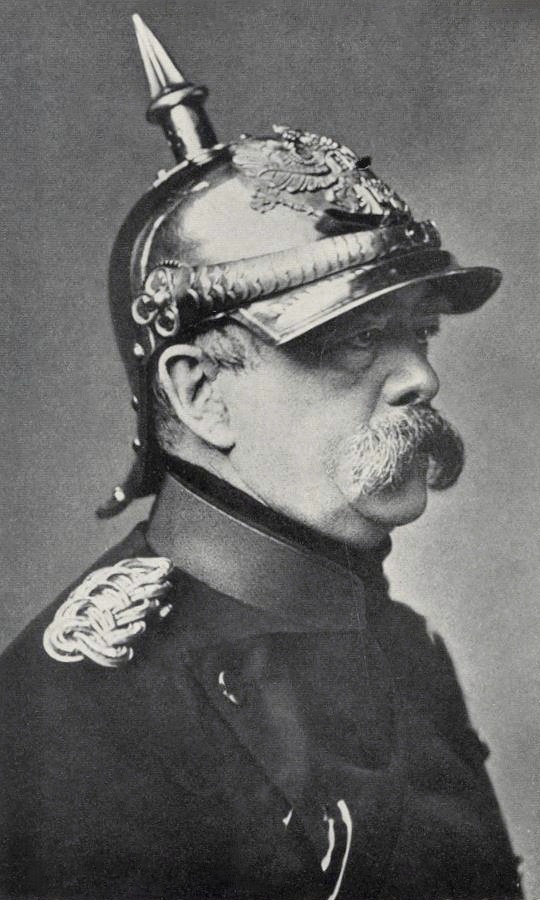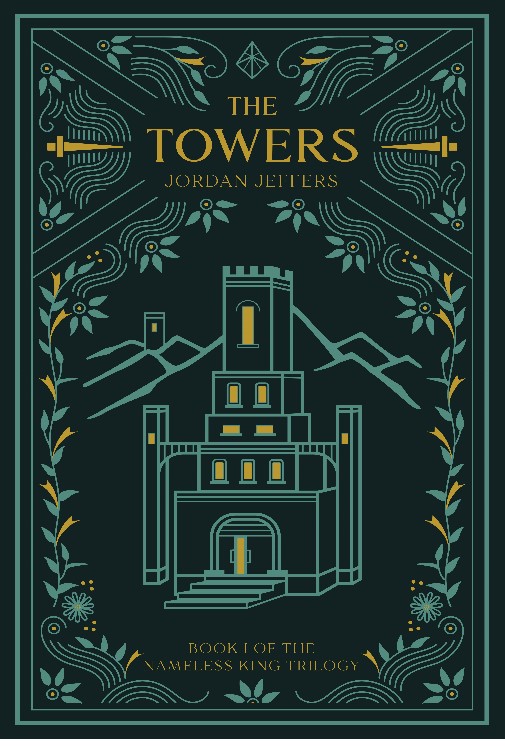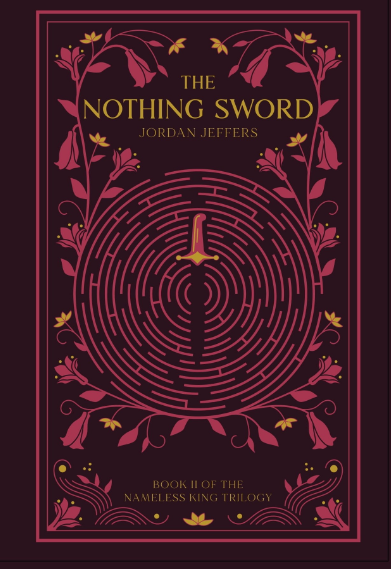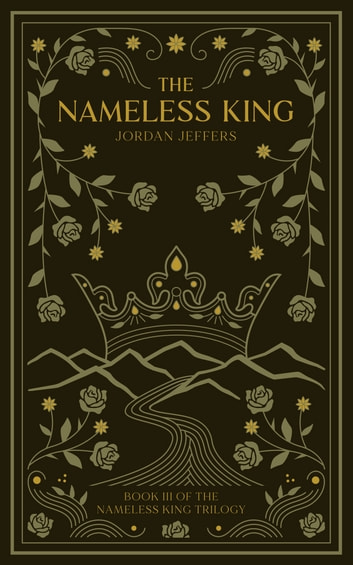A couple weeks ago, I wrote a column for McSweeney's Internet Tendency on Amish/Christian romance, "Ten Thousand Zombies in Bonnets." I wrote at some length on the models who grace the covers of these books, idly wishing that someday I might have the chance to talk to one, ask her all the questions I have.
Today is that day. Through the magic of the Internet, Claire DeBerg, actual Amish romance cover model, has graciously agreed to answer some of my questions.
Let's start off with the question that I'm sure we're all thinking: Are you a zombie?
Wow, you really cut to the chase. I thought we’d ease into that question over the course of our conversation. Let me answer with some insights so you can come to your own conclusion: I have spent a considerable amount of my life rocking in place with bloodshot eyes, and I may or may not have had drool extending from my mouth to the floor. But usually during those hours of Ultimate Rocking Monotony I had a baby in my arms, and it was occurring at an un-sane hour of the day like 3:06 am, so there’s that.
I see what you did there.
I have also been known to describe my children as tasty little morsels though I have yet to fully test that insight. And while I’m not entirely undead, I’ve oft described myself as having an old soul since I’ve lived a lot of life already by age 35 (but that’s an interview for another time).
Given what you know now…are you absolutely sure I’m not a zombie?
I'll just go with "not entirely undead." Okay, so, Amish romance cover modeling. Here's you on the cover of Beverly Lewis's The Prodigal. How did you get the chance to actually model for this book? Do you have an agent or know someone involved in the cover shoot? Is there like some sort of special classified section that lists job opportunities like this?

I am a model for a variety of different segments of our society: those who indulge in Amish romance novels, for instance, and those that want to, say, buy a tent at Target…or buy a lure! I was in a commercial for Rapala once.
But I digress.
I hadn’t honestly thought of doing modeling, especially after my friend in high school once snorted and said: “Models get paid to make other people feel bad.” Turns out that’s not true, but what is true is you get to choose what you consume in the media and then you even get to choose how to feel about it (gasp!). If you choose to give models the power to make you feel bad, well, then, good luck with that. While there are women who are super tall and super skinny they are not the majority of models…those women are the runway models and they’re incredibly fierce and awesome at what they do.
In fact, the vastly tall, terribly skinny profile is precisely what places like Target and Best Buy (the two largest retailers in Minneapolis) are not looking for in models. They want people who look normal…like the segment of the population they want to reach with their advertising...the people they want to buy their products (which is the overwhelming majority of the population). Not to say that those long and lean giants don’t buy towels at Target and TVs at Best Buy, but do those retailers want their ads to look like New York’s Fashion Week? No way. They want normal moms, nice dads. Ho-hum. So I guess what I’m saying is: I’m pretty normal looking. I’m not emaciated, and I’m not over 5 feet 9 inches (I’m 5 foot 8½ inches [but who’s measuring, right?]).
Let me pause briefly to thank you for using double parentheticals ([]). It's like the dependent clause version of Inception. Okay, continue.
So when an agent approached me from a modeling and talent agency (actually she came up to me on the dance floor at a wedding while I was possibly channeling a bit too much Elaine Benes), I considered her offer for a week or so and eventually decided, “Well, this could be fun.” And it has been fun because I’m not competing with anyone. I am reminded of the distinction between competing in a cross country race in high school because I had to and then years later just going out for a run around a lake…because I wanted to. The feeling of joy in the choice is incomparable. With modeling I’m at the run around a lake stage—I do it because I can and because it is fun and because I want to (plus the fringe benefits are pretty fantastic).
I’m 35, and I have some seriously delicious plans and dreams that don’t include wearing blankets of makeup and getting fitted for a shoot with clothes I’d never buy. Because I keep the opportunity to model fun, it remains a wonderful way to learn about the industry from a different view. Plus I can earn extra money (and yes, it pays very well but I’m too polite to talk dollar signs). I will say, though, that each of my family members has landed modeling gigs (my husband for Medtronic, my daughter for Tony’s Pizza, my son for Huggies) and we’re beautiful and we’re normal.
The singular reason I was approached was because the agent felt I looked the part that production houses are currently seeking: ethnically ambiguous. Am I Latina? Am I Greek? Am I Native? Am I Caucasian? Am I Middle Eastern? Am I Italian? Am I Brazilian? What’s your guess?
Didn't we cover this with the "not entirely undead" ethnic designation above? Although, I'm assuming that's not quite what they were going for.
Well, turns out it doesn’t really matter what ethnicity I actually am (I’m Cherokee) because it is a boon that I can’t be pegged by any one group. So I am accepted by nearly all groups.
Maybe for this Amish book cover the question posed to my agency was: Does she look Pennsylvania Dutch? When my agent sent me an email to see about my interest in modeling for this book cover, I knew she’d sent the same email to all her talent that fit her profile needs. She sought a woman, in her mid-30s, dark hair, dark eyes….AND the model needed to appear as the aged character from previous books in the series. In my agent's long list of talent she could narrow her email to a handful of potential models.
I let her know that yes, I could make the shoot dates work so then she sent me requests for very specific headshot poses as per the publisher:
- Facing camera, non-smiling
- Side profile, non-smiling
- Side profile, hair up
- Front, hair down
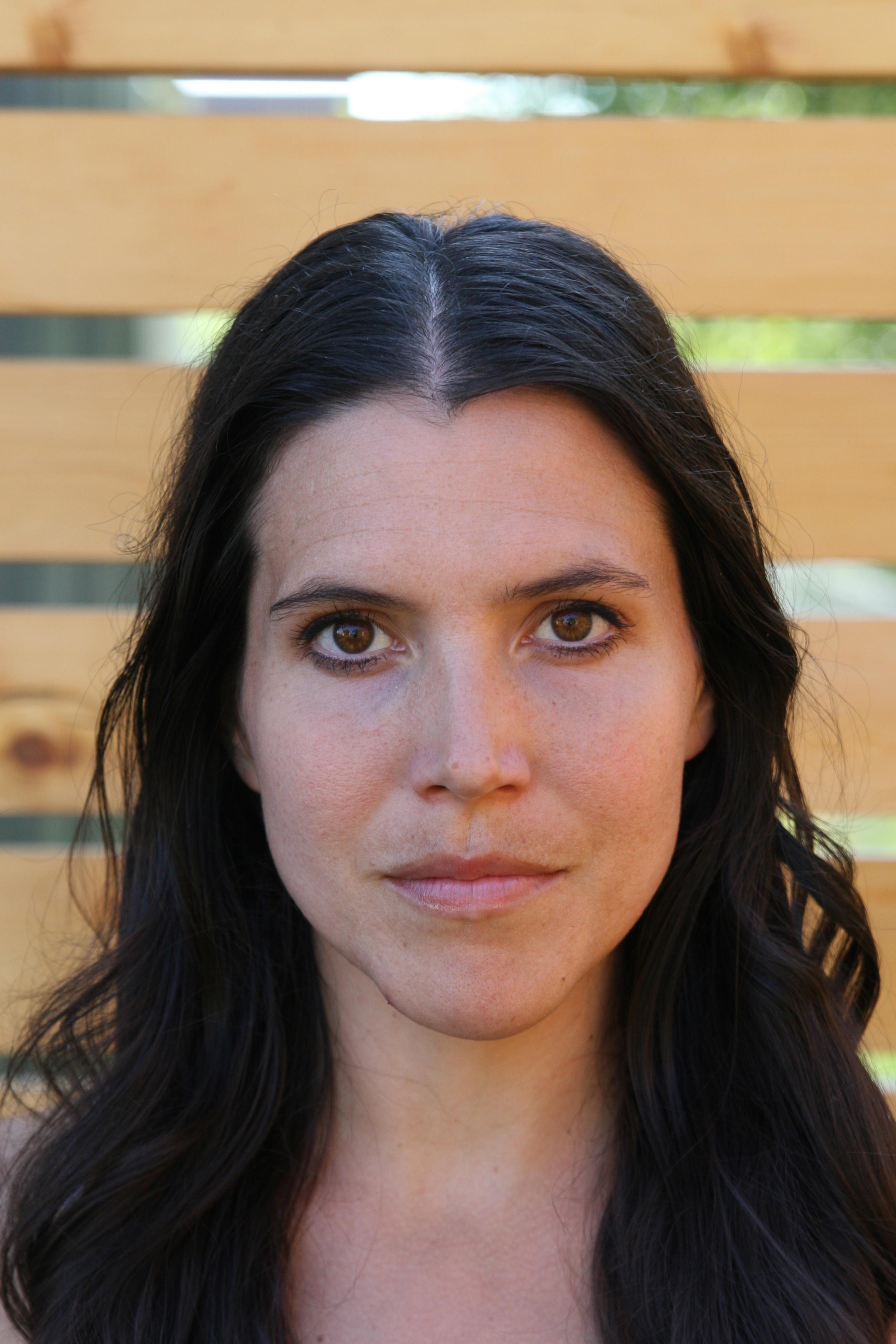



So apparently these pictures got me the job (thanks to my dear, sweet husband, Darren, who happens to be a really excellent photographer).
So explain what the process of actually shooting this was like. How long did it take? How many people were involved? How often did the photographer tell you to "look more wistful?" Did they put you in Amish shoes and socks, or just clothing from the waist up? How uncomfortable was your neck at the end of it?
This was a very interesting shoot. It took place in the photographer’s studio, which is located in his quite beautiful, spacious home, in the suburbs of Minneapolis. I was the only one on camera…there was no other talent there so I wasn’t able to swoon in reality to the hunky Amish chap in the background of the final cover.
So it was me, the photographer, the hair/makeup/wardrobe assistant, and the publisher hanging out on set. The assistant was very perfumey and adorable and when she wasn’t texting she was snapping her gum and explaining how she pretty much knows how to “do” authentic Amish hair because according to her rough calculations she has done the hair for “a million of these covers.” I went into the bathroom to get changed into my plain clothes and taped all over the mirror were several pictures of Amish women stuck there as inspiration. Since Amish people regard photographic images of themselves as sin given the 2nd commandment, all the pictures are of Amish women shot from very, very far away.
I put on my dress (backwards, at first…turns out the small buttons go in the front, not the back) and my little v-shaped coverlet, which goes over the chest like a chevron. I was actually wearing mukluks for the first few shots (I live in Minnesota, Jordan, mukluks are the winter uniform) but then the crew wanted me to do some slow turning and spinning so I ended up barefoot by the end of the shoot.
I love dressing up—and more specifically I like playing dress-up in costume-ish kinds of clothing over dressing up in fancy garb which is why this particular job was appealing to me. One idiosyncrasy about me is I do so love fashion, but I so do not love shopping. I’d rather eat my own hands than “go shopping” (as though shopping were a recreational sport). You’d think online shopping was my personal savior…alas, the types of clothing I like to wear can’t be discovered online. When I do find myself perusing the rack at my local consignment shop I specifically look for items that hang funny on the hanger or don’t look right on the hanger or have buttons in awkward places or a ridiculously scooped, open-backed situation or have zippers where no zippers need be. I like individual pieces of clothing and then bringing several pieces together to create some outrageous outfit that I can safely assume will not be on anyone else I might meet.
This is why I loved this Amish book cover shoot so much: because I was in costume. Most of the modeling jobs I land, wardrobe sends an email with a list of your own clothes to bring to set—but this was fun because it was character work and I gravitate to this kind of guise.
Anyway, before the camera shutter went haywire, the publisher caught me up on the premise of the novel…Leah, the main character and the woman I would represent, is raising her sisters after their mother has died and is faced with myriad challenges with her sisters: a stillborn baby, a young widow, a wayward youth, lots of family secrets, and barely time to think of falling in love herself. He asked for my deepest concerns in my personal life to emerge in how I held my body and let my face be the stoic yet hopeful answer showing tentative resolve.
Hold on, quick recap. He wanted, in one single expression: specific, multi-layered grief, loneliness, deep concern, stoicism, hope, and tentative resolve.
Did it come across? I’ve never had his kind of intense direction on a set previously. After two hours of turning and craning my neck and holding still, and drawing my brows down or smiling ever so slightly and 800-some-odd pictures later, they got their shot, and it was a wrap. No seriously, 800 pictures.
Ok, so here's the part where I ask a bunch of questions about the bonnet. Is it a real Amish-style bonnet? How long did it take them to get the bonnet situated perfectly on your head? What was it made out of? Was it comfortable? Did they have a specific place for the tassels to fall, or did that just happen naturally? Did it make you feel elegant and/or classy? Because I feel like if I was a woman that's how it would make me feel. Is it weird that I just said that?
I was given a (surprisingly) long back-story about the bonnet I was to wear before I was even allowed to see the stash of bonnets. And by stash, I mean the very carefully stored pristine Amish bonnets—each in their own special container (which may or may not have been temperature-controlled) so there is no chance of crushing these delicate, starched head coverings. The photographer for this shoot does lots and lots of Amish romance novel book covers and has been summoned for so many that he is a premier source of authentic bonnets and Amish plain clothes for Hollywood studios.
The week my shoot was scheduled he just received a bonnet back that he’d rented out to a movie set shooting a film in California. It was returned completely crushed, bent and not even in its original container. I think I saw a tear emerge when he showed it to me, but I can’t be sure. He was very distraught because authentic Amish bonnets are not easy to come by and they can be expensive. I actually never touched the bonnet that was pinned to my head. The photographer took it out of the container and the assistant pinned it to my hair.
I know it sounds like this photographer was on the verge of needing some serious group therapy about those bonnets but the truth is I respected his knowledge and care for this seemingly small yet hugely significant moniker of Amish faith communities. Somebody besides Amish women has to care about these things, and I’m glad he does.
Would you do another cover?
I would…and indeed I have! The next book cover I did was a connection Valerie [Valerie Weaver-Zercher; see below] had as she works for a Mennonite publishing house that was having a book cover shot in Minneapolis. This book, however, was of an Amish woman from the mid- to late 1800s. There was much discussion about the type of bonnet I would don, and we ended up taking several shots with lots of different props (a basket of dried meadow flowers, a falling apart Bible, a shawl wrapped in my arms) as well as two different head coverings. This time around it wasn’t as tense because it was a totally different creative company doing the shoot so there were no bonnets in special boxes (and the dress wasn’t Amish-made) but…it was still fun so for me it was perfect. That book should be coming out in 2015.
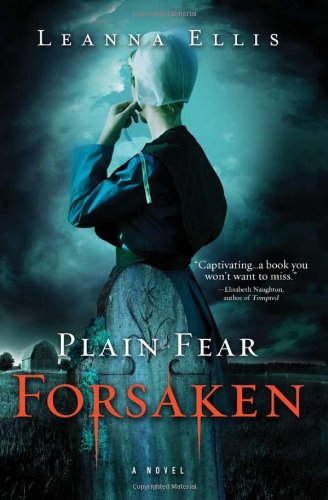
So as an actual Amish Romance cover model, what did you think of my column?
Honestly I thought it was bright and relatively spot-on, tongue-in-cheek though some parts were. Amish romance novels are hugely popular (hence your wall reference). I learned so much more about the phenom of the plain woman romance when I got to know Valerie Weaver-Zercher, author of The Thrill of the Chaste: The Allure of Amish Romance Novels and appreciated her Wall Street Journal article “Why Amish Romance Novels Are Hot,” where she describes what keeps those books flying off the shelf. The top three most popular authors have sold over 23 million of these books, combined.
And, you’ll be happy to know there is a series of Amish Vampire books—your quest is over, Jordan! Sleep well…or sleep worried, I guess, that those nice plain pious women are creatures of the night…will they pray for you or suck your blood?
Either way, I think I would probably try to interview them first. So what do you do when you're not modeling for romance covers? (aka 99.9999% of your life?) Where do you live? What's your day job like? Do you have a family or pets or people you talk to at Subway a lot?
When I’m not an unfamous model in the Twin Cities, I am an editor of the magazine Timbrel a publication from the organization for which I work, Mennonite Women USA. I also run a successful freelance commercial writing business, Tasty Text, and write blogs, website content, e-newsletters, white papers, brochure copy, Facebook posts, and really any number of text communication needing a serious virtual refreshment.
I live in Minneapolis in a 50s-style modern house in a neighborhood I call The United Nations because of the diversity of all the families living here. We’re just a few miles from hopping on the 60-some miles of bike trails in this urban wonderland and a new co-op is opening next spring three blocks from our house, so I’m twitterpated.
I have two humans (2 and 12), and I’m surprisingly thrilled with the ten-year space between their births (see Zombie question above for more insight) because I really get to know their sweet souls in a singular way, and I’m in love with them. Gloria is a classical guitarist and rock climber. She takes the city bus to 7th grade at her Montessori school in St. Paul so obviously she rules. Harold is this charming flaxen-haired boy with an affinity for memorization and airplanes. He has very good diction and careful enunciation, which thrills his Montessori guides and tickles us to no end. We attend Emmanuel Mennonite Church in Minneapolis where I lead singing in the worship band. (That’s right…a band. We’ve been known to rock...)
After running 7 marathons (including Boston!) I am on the prowl to find a sport that offers the same requirements for stamina and mental prowess that marathons demand. I’m open to suggestions in this realm. Other than being committed to the written word, my husband and I love making our own things (tables, toys) and watching good cinema. We super enjoy not being on Facebook and some shared hobbies are loving up our littles and going on bicycle adventures around the lakes. We would rather spend money on ridiculously good food and powerful experiences than material things any day. I eat heaps and heaps of peanut butter, and I’m a closet ballerina.
I noticed in some of your emails that you also write fiction. What kind of stuff do you write?
I used to say, “I’m writing a novel, therefore my house is immaculate,” but I’ve just completed my Novel Marathon Training, and my full manuscript is complete (huzzah!). So I’m shopping it to agents this fall. My novel takes place in Southern Turkey at the base of Mount Olympos in a remote fishing village. I was inspired when I visited Turkey and fell into a helpless love affair with the Mediterranean Sea and a sweet old couple who made my breakfast each morning when I was a guest at their home. I guess I didn’t want to leave, so my novel is the next best way for me stay without actually staying. The story is a tragedy and definitely a testament to love. It is injected with beautiful, aching, lovely and terrifying magical realism. I worry about my characters and love them desperately and am shocked by the horrible and wonderful things they do and thoughts they hide. I was just sharing with a friend that writing my novel, for me, is an opportunity to work out the conversations I know I’ll never have in real life.
My latest personal writing project is…wait for it…an Amish romance story. I know, I know. Truthfully I’d rather have my name on a cover than my mug, but what can I say?
Well, I can't say that I will read it, but I can say that I will go to Barnes and Noble and stare at the cover for a long time when it comes out.
You can read more about Claire at her website, clairedeberg.com.



